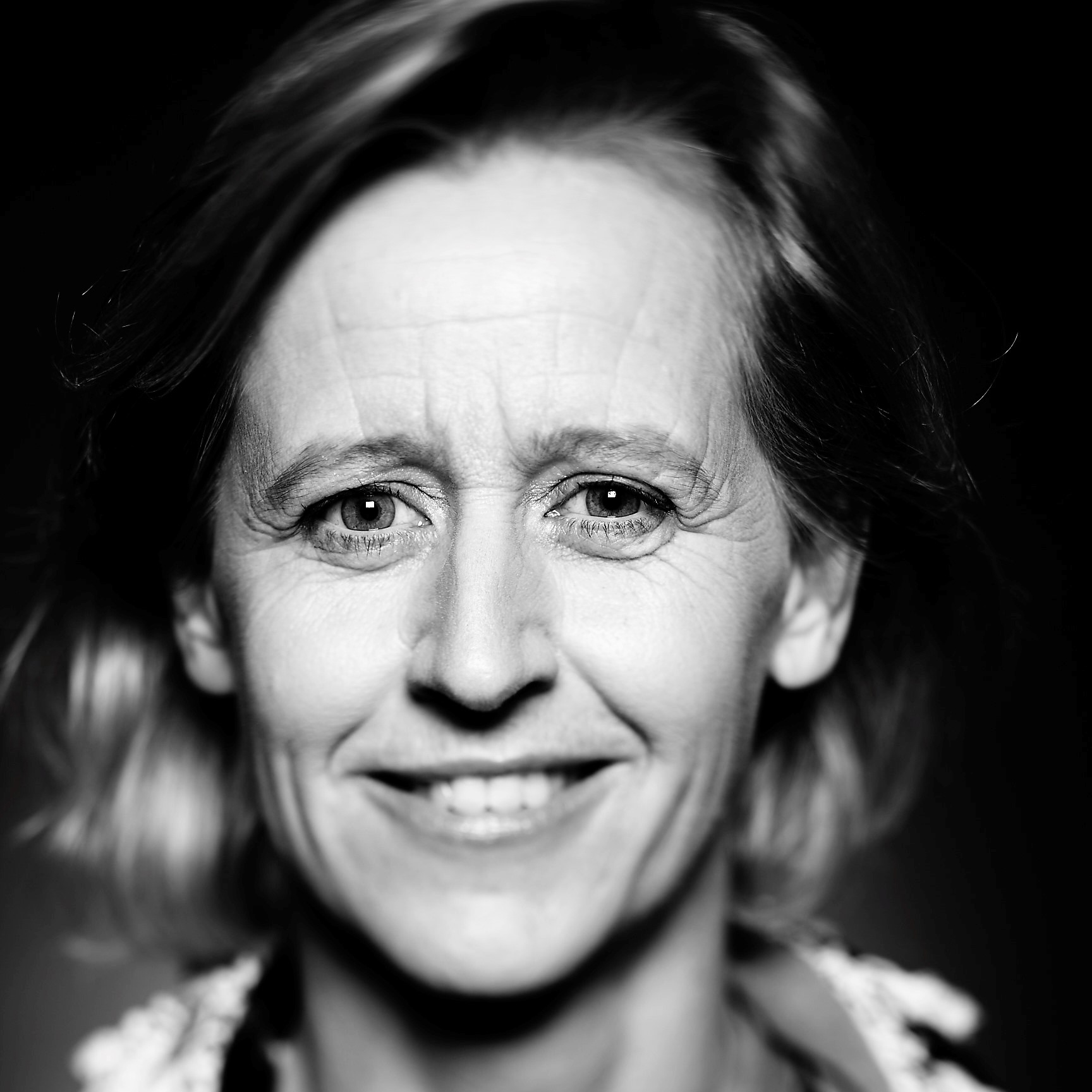 \
&
Contact us
\
&
Contact us
 \
&
Contact us
\
&
Contact us
As a co-programmed partnership, BATT4EU brings together the public sector (the European Commission) and the private sector (the European battery R&I stakeholders, BEPA) with the aim to achieve a competitive and sustainable European industrial value-chain for e-mobility and stationary applications.
BEPA already gathers a total of 137 members of which 54 are industrial players, 56 research organisations, 27 associations, and others.
Aside from some general objectives, the Batteries Partnership (BATT4EU) has various measurable, operational objectives:
Operational objectives:
Partnerships group the EC and private and/or public partners, to coordinate and streamline the research & innovation initiatives and funding in some selected key domains.

Ria.debreucker@vlaio.be
EURHISFIRM designs a world-class research infrastructure (RI) to connect, collect, collate, align, and share detailed, reliable, and standardized long-term financial, governance, and geographical data on European companies. EURHISFIRM enables researchers, policymakers, and other stakeholders to develop and evaluate effective strategies to promote investment, economic growth and job creation. The RI provides the tools for long-term analysis highlighting the dynamics of the past and the way those dynamics structure our present and future.
The EURHISFIRM European project received € 3.4 million in financing from the European Commission through the H2020-INFRADEV-2017-1 research infrastructures call. The project started with a consortium of eleven research organisations (including University of Antwerp) from seven European countries.